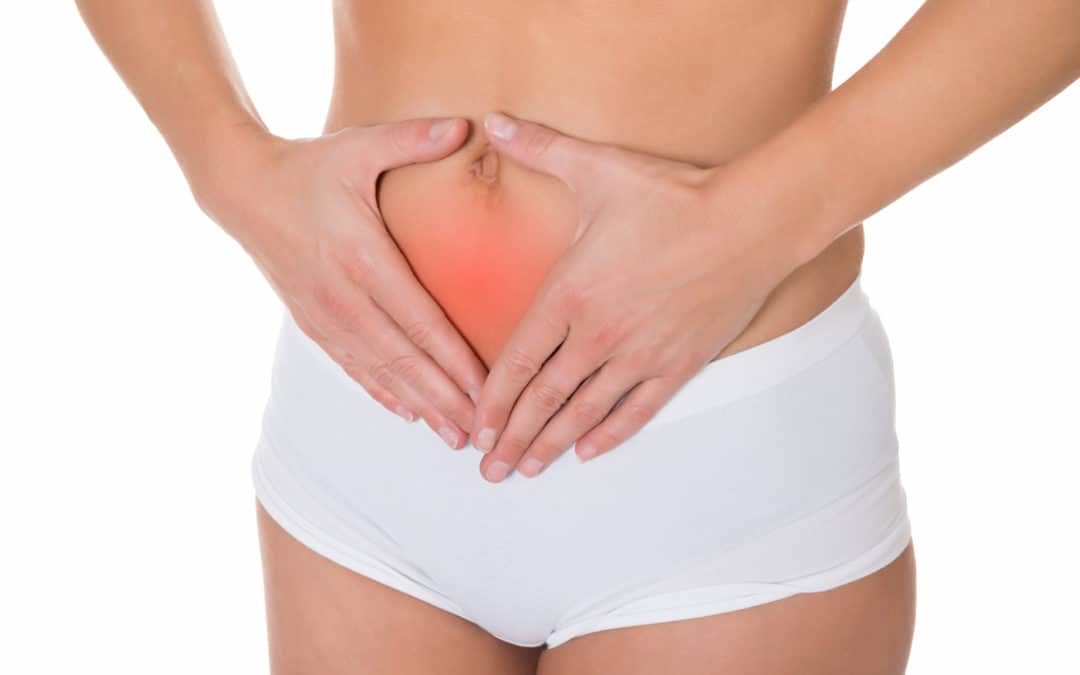What Is PCOS?
Polycystic Ovarian Syndrome, or PCOS, is a condition in which the endocrine (hormone) system is affected, often creating irregular menstrual cycles, painful periods, difficulty conceiving, difficulty losing weight, excess hair growth, acne and more.
Polycystic Ovarian Syndrome affects nearly 6% to 10% of women, making it one of the most common endocrine disorder among women of reproductive age. Despite its name, not all women with PCOS actually have cysts on their ovaries. Women with PCOS may present with any of the following:
- Excess androgens/hormone imbalances
- Blood sugar imbalances/insulin resistance
- Cystic ovaries/multiple immature follicle development
- Hirsutism (excess body hair)
- Cystic acne
- Menstrual irregularities
- Anovulatory cycles
- Painful periods
- Infertility
- Recurrent miscarriage
- Elevate triglycerides and/or cholesterol
- Anxiety
- Depression
Can Integrative Acupuncture Help?
Yes! Research supports that acupuncture and integrative medicine can help improve PCOS symptoms (1). Integrative medicine can support the endocrine system (hormone) system, promoting regular ovulation, healthy glucose metabolism and more .
Tips for Thriving:
Diet: Optimal nutrition is essential for health, and can be especially helpful for managing PCOS. A low glycemic diet high in nutrient dense, good quality protein, fat and lots of vegetables can go a long way in managing PCOS. Even if someone with PCOS doesn’t present with dysglycemia or high blood sugar/A1C, many women notice that their PCOS symptoms improve when implementing a low glycemic diet full of colorful, whole foods.
Exercise: Regular exercise is an important piece of any PCOS management plan. Exercise helps increase insulin receptivity, allowing cells to more adequately take in and use the nutrients you’re eating. It also promotes optimal circulation throughout the body, including the reproductive organs.
Supplements: There are several supplements that have shown be helpful for managing PCOS. Always check with your provider before starting a supplement or herbal protocol, as not all supplements are appropriate for everyone. Some of the most common supplements include:
- Inositol
- Vitamin D
- B-complex vitamins
- CoQ10 Ubiquinol
- Curcumin
- Zinc
- Chaste Tree/Vitex
Stress: Managing stress is important for any reproductive health plan, and especially important for PCOS, because high levels of stress produce high levels of cortisol. Cortisol is an hormone which, in excess, can contribute to inflammation, insulin resistance and more. Try to find a little time every day to do something to help you unwind. This kind of self care is essential to success in managing PCOS.
Acupuncture: Acupuncture can support women living with PCOS in several unique ways. Acupuncture can help regulate the cycle and promote ovulation by encouraging a healthy communication between the pituitary gland (master hormone control) and the ovaries. It can also reduce stress, promote better circulation and healthy hormone metabolism (2).
References:
1) Jedel, E., Labrie, F., Odén, A., et al., (2013) Impact of electro-acupuncture and physical exercise on hyperandrogenism and oligo/amenorrhea in women with polycystic ovary syndrome: a randomized controlled trial
2) E. Stener-Victorin, E. Jedel, L. Manners (2007) Acupuncture in Polycystic Ovary Syndrome: Current Experimental and Clinical Evidence


